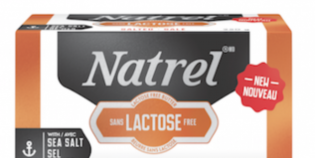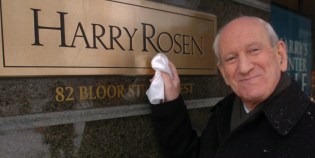Young people no longer regard marriage and a mortgage as the gateways to adulthood, and have less interest in material possessions than their parents, says a new report from global media company ZenithOptimedia.
The Pursuit of Happiness: Creating Meaningful Brand Experiences for Millennials says younger people have a “fundamentally different” view of happiness than previous generations, placing greater importance on meaningful experiences than on material possessions.
This shift in attitudes has “profound” implications for brand marketing, the report concludes.
The findings are based on an online survey of 6,100 people between 18 and 34 in 10 countries, including Australia, China, France, the United Kingdom and the United States. Canadian millennials were not included in the study.
It found that millennials shun the “free spirit” goals of the Baby Boomers and the “consumerist” desires of young people in the 1980s and ‘90s.
The millennial generation also has a radically different view of what constitutes adulthood, with less than one-fifth (17%) regarding buying a house as one of the milestones towards becoming an adult, and only 20% viewing marriage as a necessary step. There could also be fewer “empty-nesters” in the future, as only 39% of millennials consider moving out of their parents’ home a key to becoming an adult.
The most important markers of adulthood for millennials include: Becoming a problem solver (47%), becoming a decision maker (59%) and financial independence (60%).
While previous generations have lived by so-called hedonistic ideals, the things millennials consider important for happiness are health and wellbeing, financial stability, career, pursuing dreams and passions, and a formal education.
The study also found that millennials feel they need to be in control of finances, work, social and family lives to capitalize on freedoms and opportunities.
Their attitudes have been shaped by a variety of factors, says the study, including a prolonged recession, unprecedented technological empowerment and more life freedom. However, the lack of money and financial security required to pursue these goals has led this generation to impose far greater control on their lives in order to achieve them.
ZenithOptimedia has created a marketing checklist for successfully reaching and engaging this generation. It emphasizes factors such as delivering meaningful brand experiences, empowering millennials to make wise decisions, enable and facilitate control and respect the brand relationship.
Research suggests that millennials who are in control of their career are 56% happier than those who are not, while millennials in control of their passions are 55% happier and those in control of their social life are 35% happier.
The study also discovered regional differences, with millennials in the U.S. pointing to control of finances, social life and work/life balance as important, while Spanish millennials cited career/education, ambitions and finances. In general, millennials view career and finances as the two most critical areas to control in order to achieve happiness.
The research also identified a clear “quarter-life crisis” for older millennials, who have succumbed to the pressures of fulfilling life potential, seizing opportunities and maintaining employment. The study found there is a “significant dip” in happiness at age 28, with the lowest levels experienced in the U.K. (where millennials of that age experienced a 10% drop in happiness).









